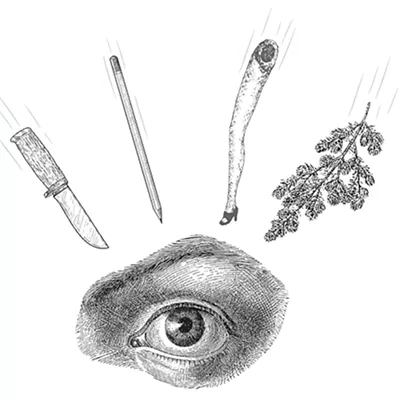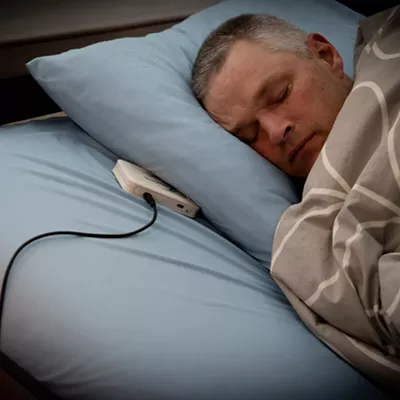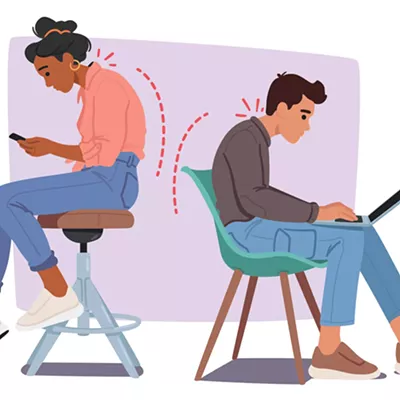Each time an infant dies from being shaken by a caregiver, our community also feels shaken. Yet the deaths continue. For more than 10 years, the Child Death Review Team — a group of medical experts, children’s advocates and public health nurses — has been volunteering time to review all sudden and unexpected deaths of Spokane County children from birth to age 18. The team, led by the Spokane Regional Health District, identifies preventable factors that may have contributed to a child’s death. And yet now the budgets for these local programs are being slashed.
A few years ago, the team noticed an ongoing problem of one or two Spokane infants dying each year from the effects of being shaken. They developed a public-awareness and parent-education campaign to decrease what is known as Shaken Baby Syndrome.
SBS is a sudden shaking motion that causes a baby’s fragile brain to slam against the skull wall — causing damage or death. Shaking is so dangerous that almost 25 percent of its victims die. For those who survive, the injury to the brain can have devastating effects including blindness, paralysis, seizures, mental retardation and other learning disabilities. Public health nurses who work with at-risk families tell parents the truth — any shaking can potentially cause a brain injury, so never shake a baby. It is estimated that up to half of parents and caregivers are not aware of the serious dangers of shaking a baby.
There is no one type of person who will shake a baby; everyone from young babysitters to grandparents has done it. In reviewing the local deaths, one of the common characteristics has been that most of the deaths were caused by a non-parent caregiver, primarily boyfriends of young mothers. “All too often, we learn of an infant or toddler who is permanently injured or killed by the violent loss of control by the infant’s caregiver,” says Elaine Conley, who manages the Health District’s Public Health Nursing Program. “There are warning signs to help identify an abusive person, and a set of questions that every parent should ask potential caregivers before trusting their baby to the care of another. These steps could help save their child’s life.” Not all abusers show warning signs, but issues such as previous arrests or history of violence and alcohol or substance abuse are indications that a person may not be a suitable babysitter for an infant.
Why does someone shake a baby? Frequently it’s done to make a baby or young child stop crying. Dealing with an infant who is crying loudly or fussing for a long period of time is stressful. However, shaking often only makes the crying worse, causing more vigorous shaking until brain damage or death occurs.
We live in a time where many single-parent families do not have family support for babysitting and for the times when a parent needs a break. And many low-income single moms work at low-wage jobs, with shifts that make it difficult to find reliable, safe childcare. These moms must often leave their children with someone who may not be adequately prepared to deal with the challenges of caring for an infant. Providing a break for stressed parents is one thing that those of us who know a parent with a young child can do.
Preventing SBS and other forms of child abuse also requires community support and intervention to protect our precious and vulnerable children.
To watch a video on Shaken Baby Syndrome Prevention, visit www.srhd.org/podvid. For more information, call the Spokane Regional Health District at (509) 324-1500. April is “Our Kids: Our Business” Month, dedicated to preventing child abuse and creating a safe, healthy environment for children in the Inland Northwest. Watch for stories in The Inlander and other local media on the topic.
CALMING A BABY
• Feed baby slowly and burp often.
• Make sure baby’s diaper is dry.
• Give baby a warm bath.
• Dim lights and lower noise level.
• Play soft music, sing or talk to baby in a calm voice.
• Hold baby close and rock gently.
• Take baby for a car or stroller ride.
• Call a friend or relative you trust.
• Put baby in a crib or bassinet and take a break.
Never shake or hit a baby. Call (800) 4-A-CHILD, 24 hours a day














